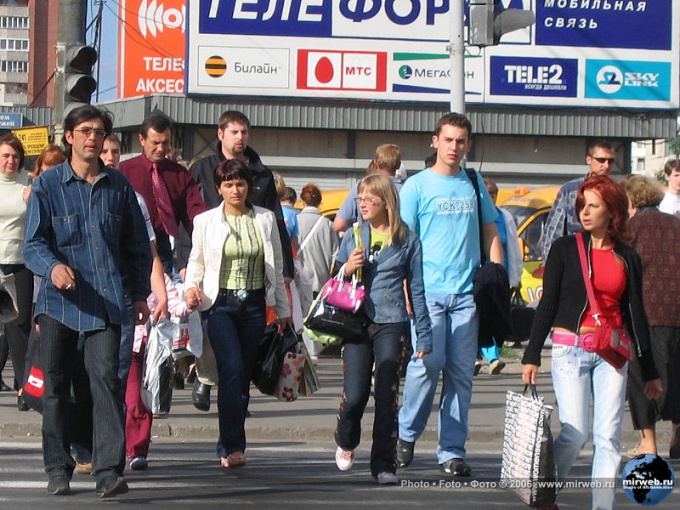Instruction
1
Search through the Internet. It is very convenient, fast and efficient.
2
You need to know for a certainty that they (relatives or friends) there (abroad) is required to have.
3
Use the English language. The proficiency is an important condition to search for people abroad.
4
To make a request to the Internet, you need to know very precisely who it is you are looking for, when and under what conditions people were abroad, in what year it happened, and at what age he was and was alive at the moment. Try to look for relatives at random - the idea is thoughtless and meaningless.
5
Searching people abroad, knowing the name and surname, place on websites or Bulletin boards not only various spellings of this name, but also the reduction. The most common way of writing Russian names in English letters is transcription, when the letters of the Russian alphabet are written letters or letter combinations of another language. Moreover, the transcription into English is different from transcription in French or German.
6
Write a letter where you tell your story, everything you have learned, place it on genealogical resources, websites, message boards and regularly updated. The West is very protective of the family and all that goes with it, so the aliens respect this kind of search. Many will take an active part in correspondence and will assist.
7
Study the archives. It is more difficult to find people who have moved abroad a long time ago. In the USA there are archive documents Dating from 1820. The procedure of registration of arrivals has varied over this period, repeatedly, a list of lost or burned during the fire, but, nevertheless, 90% of the lists of exiles preserved in the archives of the US and are called Immigration Passenger Lists. Specify the name of each passenger, place of birth (city and country), date of arrival, family composition, destination, age, gender, profession, purpose of arrival in the United States.
8
Still search for a beginning in Russia. In our country there are special services that deal with the return of the emigration archives from abroad to the homeland is the Federal archival service, libraries and museums.
